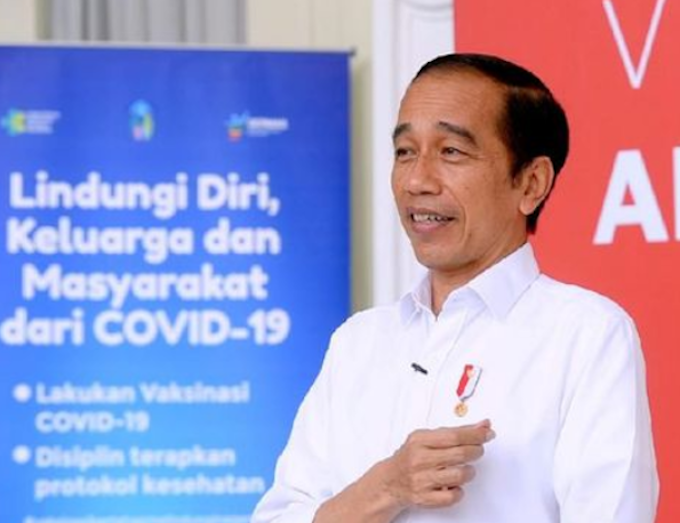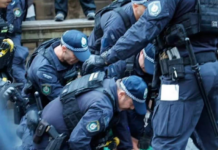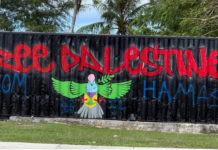
Pacific Media Watch newsdesk
Human Rights Watch (HRW) has criticised the Indonesian government of President Joko “Jokowi” Widodo for its weak health response to covid-19 which has brought Indonesia to its knees since March 2020, reports CNN Indonesia.
The assessment is based on Indonesia’s poor rates of testing and tracing and minimal transparency. Furthermore, the government was both slow and incompetent in dealing with the covid-19 pandemic.
In its annual World Report 2021 the human rights organisation highlighted that under President Widodo’s leadership the government had instead focused on regulations related to labour which harmed the rights of workers and damaged the environment.
Yet the epidemic itself has killed at least 17,000 Indonesians and resulted in around 2.6 million people losing their jobs.
“The response of President Joko ‘Jokowi’ Widodo’s government to the covid-19 pandemic was weak, with low testing and tracing rates, and little transparency,” the report said.
“The impact of the virus has been devastating, killing at least 17,000 people, and leading to the loss of 2.6 million jobs.”
HRW Asia director Brad Adams said that the Widodo government never made dealing with the pandemic its top priority and focusing instead on passing laws that harmed workers and the environment.
Pandemic not top priority
“The Jokowi government never seemed to make the pandemic its top priority, focusing instead on passing a business-friendly law that harm workers and the environment”, said Adams as quoted from the HRW website by CNN Indonesia.
According to Adams, which creating jobs and planning economic recovery are important goals especially in a pandemic, “but they should not come at the expense of fighting the virus or protecting the hard-fought rights of workers”.
Adams said that the HRW also highlighted violations of the rights of women, religious minorities and lesbian, gay, bisexual and transgender (LGBT) groups.
There were many cases of Muslim groups who threatened religious minority groups found in Indonesia but the government’s response this kind of intimidation was still very minimal.
Adams said that according to HRW’s records, Indonesian police arrested at least 38 people for blasphemy across 16 provinces in 2020.
The Supreme Court also rejected a petition to revoke the joint ministerial decree on houses of worship, which has been used to close down hundreds of churches since 2006.
“Jokowi came to office promising progressive reforms, but in 2020 he seemed to give up any remaining intentions he had to protect rights and the most vulnerable,” Adams said.
Limited access to Papuan provinces
Indonesia, according to the HRW report, has also continued to limit access for international rights monitors and journalists to visit Papua and West Papua provinces, which have long been affected by unrest and rights violations.
“It’s not too late for him to take bold steps to prioritise public health, reinstate labor and environmental protections, and protect free expression. His last years in office will define his legacy”, concluded Adams.
Translated by James Balowski for IndoLeft News. The original title of the article was “HRW: Respons Jokowi Lemah terhadap Penanganan Pandemi Corona”.





































